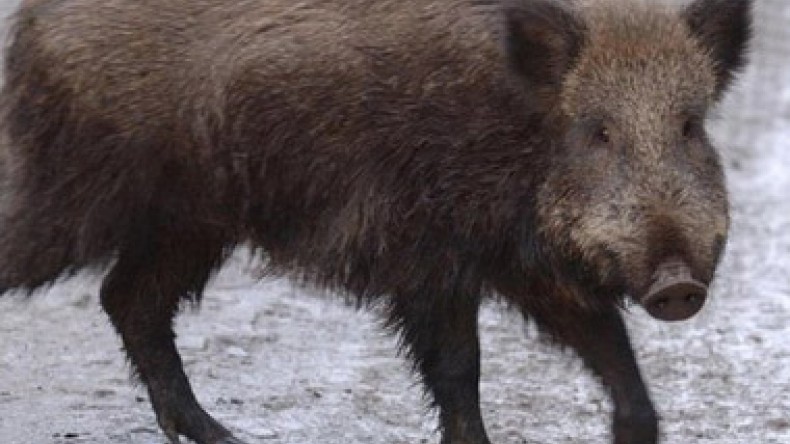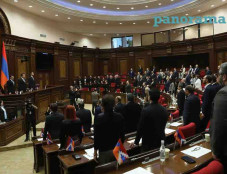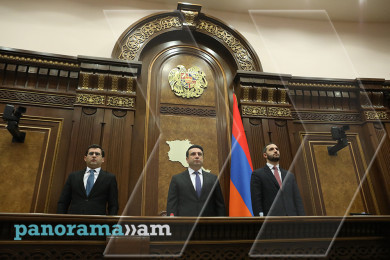
Soviet Union collapse affected region's wildlife, say researchers
The socioeconomic shocks following the collapse of the Soviet Union also affected the region's wildlife, researchers have suggested.
A study of large mammal species in Russia found that most experienced a sharp decline in numbers from 1991, the BBC reports.
The authors said likely reasons for the declines were poaching and the erosion of wildlife protection enforcement.
Writing in Conservation Biology, they suggested international support was needed during such times.
"What we did was to prove there was a simultaneous decline for wild boar, brown bear and moose in most regions of Russia at the beginning of the 1990s, which was right after the collapse [of the Soviet Union]," explained co-author Eugenia Bragina from the University of Wisconsin-Madison, US.
"All three species are very different and have different habitat requirements," she told BBC News, indicating that the declines were not the result of a disturbance to one particular habitat.
"For example, moose prefer successional forests where there are young trees that they can forage on. Wild boar really love agricultural crops, which people in the Soviet Union used to plant for this species."
Newsfeed
Videos






























